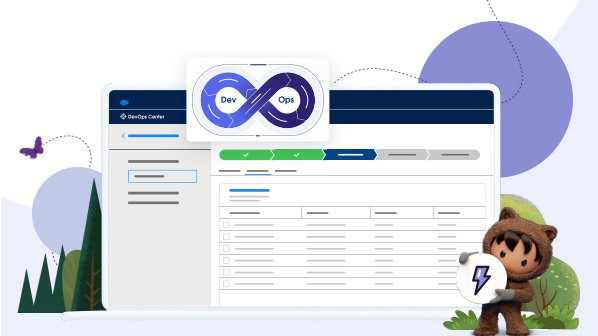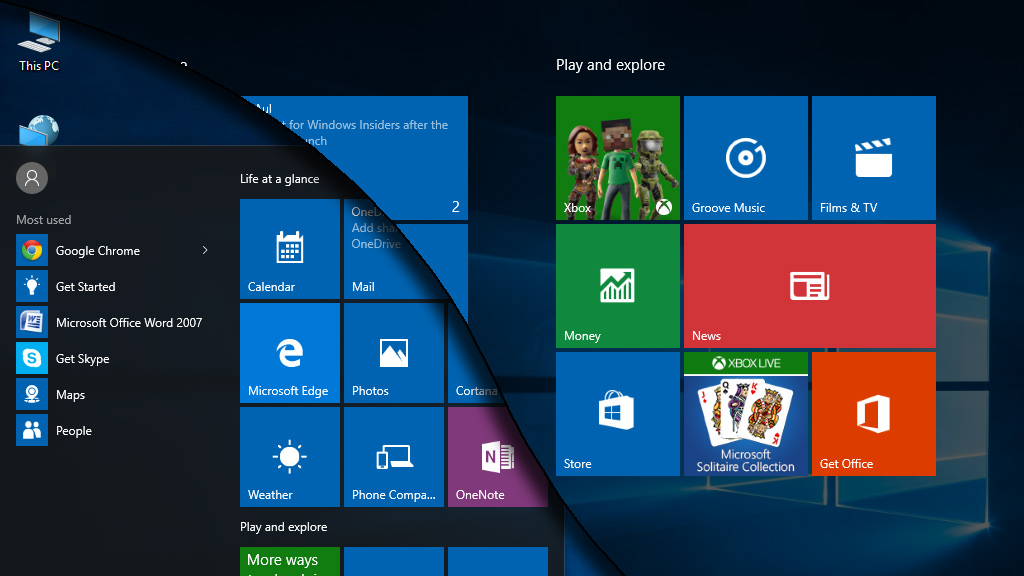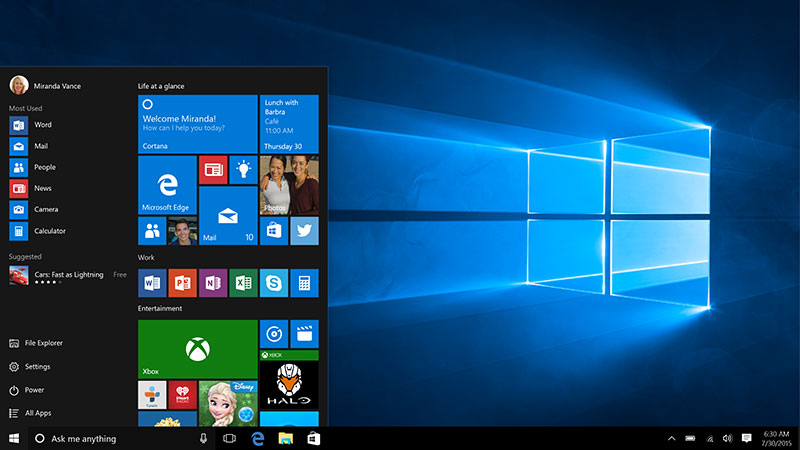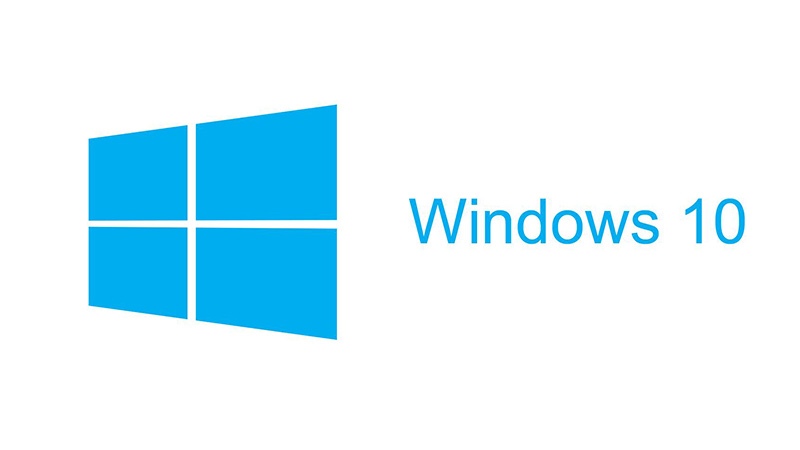Connected Androids: Google's mobile network plans
Google's Project Fi will combine an MVNO and WiFi technology to rival existing networks – for people with the right phone.

Inside the Enterprise: Over the last few months, the UK mobile phone market has entered a period of consolidation.
BT is buying EE and 3 has struck a deal to buy O2 from its parent company, Telefonica. The round of mergers leaves just Vodafone as a free-standing operator, with T-Mobile and Orange already part of EE.
But for consumers, there is still plenty of choice, not least because of MVNOs, or mobile virtual network operators. These are companies that provide mobile services, but without running their own networks. Instead they buy in the technology. Virgin Mobile, Tesco Mobile, Lyca and GiffGaff are a few of the better-known names.
In the US, though, one very large technology player has announced its intention to enter the mobile operator space, and it is also going down a version of the MVNO route.
Arguably, Google could afford to build its own physical cellular network: it is one of the few companies that have deep enough pockets, and the technical know how, to do so. But instead, Google's new Project Fi will be, as the company calls it, a "network of networks." Project Fi will use both 4G, LTE cellular networks, and WiFi hotspots, for coverage.
This might sound rather similar to an MVNO, but there are differences. And if the approach Google's engineers are following were applied to the UK market, it could shake up mobile services here too.
Under conventional MVNO deals, the mobile brand buys its capacity from a single cellular network, and sells that on to customers. Google's Project Fi, though, will pick the best signal from either T-Mobile or Sprint (two of the US' LTE operators).
Get the ITPro daily newsletter
Sign up today and you will receive a free copy of our Future Focus 2025 report - the leading guidance on AI, cybersecurity and other IT challenges as per 700+ senior executives
Interestingly, Google talks of T-Mobile and Sprint as its partners, rather than just suppliers of raw 4G capacity. Using two networks increases the chances of users picking up a strong signal. But this is easier to do in the US, which has national roaming between mobile operators. This was discussed in the UK as a way to deal with patchy mobile overage, but plans were dropped.
The other key part of Project Fi, though, is Wi-Fi. If a local WiFi hotspot has a good enough signal, Fi will use that instead, with Google's software managing the network handover. Subscribers, Google says, should not notice the difference. In fact, the service is primarily based around free WiFi, with 4G filling in the gaps between hotspots. Google will also encrypt all traffic, so there should be little risk of hotspot owners snooping on calls or data.
Unsurprisingly, Google's pricing is disruptive; also unsurprisingly, the service will only work with Android and the firm's Nexus 6 phone, at least to start with. A basic Project Fi plan is $20 (14) a month, and data starts at $10 for 1GB, with rebates for unused data and there are no annual contracts.
The leaders of the UK's newly consolidated mobile operators must be asking whether, if Project Fi comes here, they should fight Google or join with it.
Stephen Pritchard is a contributing editor at IT Pro.
-
 Should AI PCs be part of your next hardware refresh?
Should AI PCs be part of your next hardware refresh?AI PCs are fast becoming a business staple and a surefire way to future-proof your business
By Bobby Hellard Published
-
 Westcon-Comstor and Vectra AI launch brace of new channel initiatives
Westcon-Comstor and Vectra AI launch brace of new channel initiativesNews Westcon-Comstor and Vectra AI have announced the launch of two new channel growth initiatives focused on the managed security service provider (MSSP) space and AWS Marketplace.
By Daniel Todd Published
-
 A DevOps guide to the Salesforce platform
A DevOps guide to the Salesforce platformWhitepaper Learn how to ship code faster, safer, and with agility.
By ITPro Published
-
 Trainline's new API wants to take the pain out of your business trip
Trainline's new API wants to take the pain out of your business tripNews API collects rail journey data across 24 countries to book all your tickets at once
By Joe Curtis Published
-
 Can one mobile device really do it all?
Can one mobile device really do it all?Sponsored The HP Elite X3 is a smartphone that wants to be your desktop & laptop, too.
By Adam Shepherd Published
-
 Cortana: How she can help your business work harder
Cortana: How she can help your business work harderSponsored Microsoft's digital assistant is baked into Windows 10, and she's going to help your business run better.
By Stuart Andrews Published
-
 The surprising ways Windows 10 keeps your data secure
The surprising ways Windows 10 keeps your data secureSponsored Security is of paramount importance to businesses, and Windows 10 can deliver peace of mind.
By Stuart Andrews Published
-
 Best business apps for Windows 10
Best business apps for Windows 10Sponsored We find the best business-related apps in the Windows 10 Store.
By Barry Collins Published
-
 Upgrading to Windows 10: everything you need to know
Upgrading to Windows 10: everything you need to knowSponsored Thinking of introducing Windows 10 in your business? You should be. Here’s what you need to know about the process.
By Barry Collins Published
-
 Top 10 reasons your business should move to Windows 10
Top 10 reasons your business should move to Windows 10Sponsored If you think that Windows 10 isn't right for your business, think again.
By ITPro Published